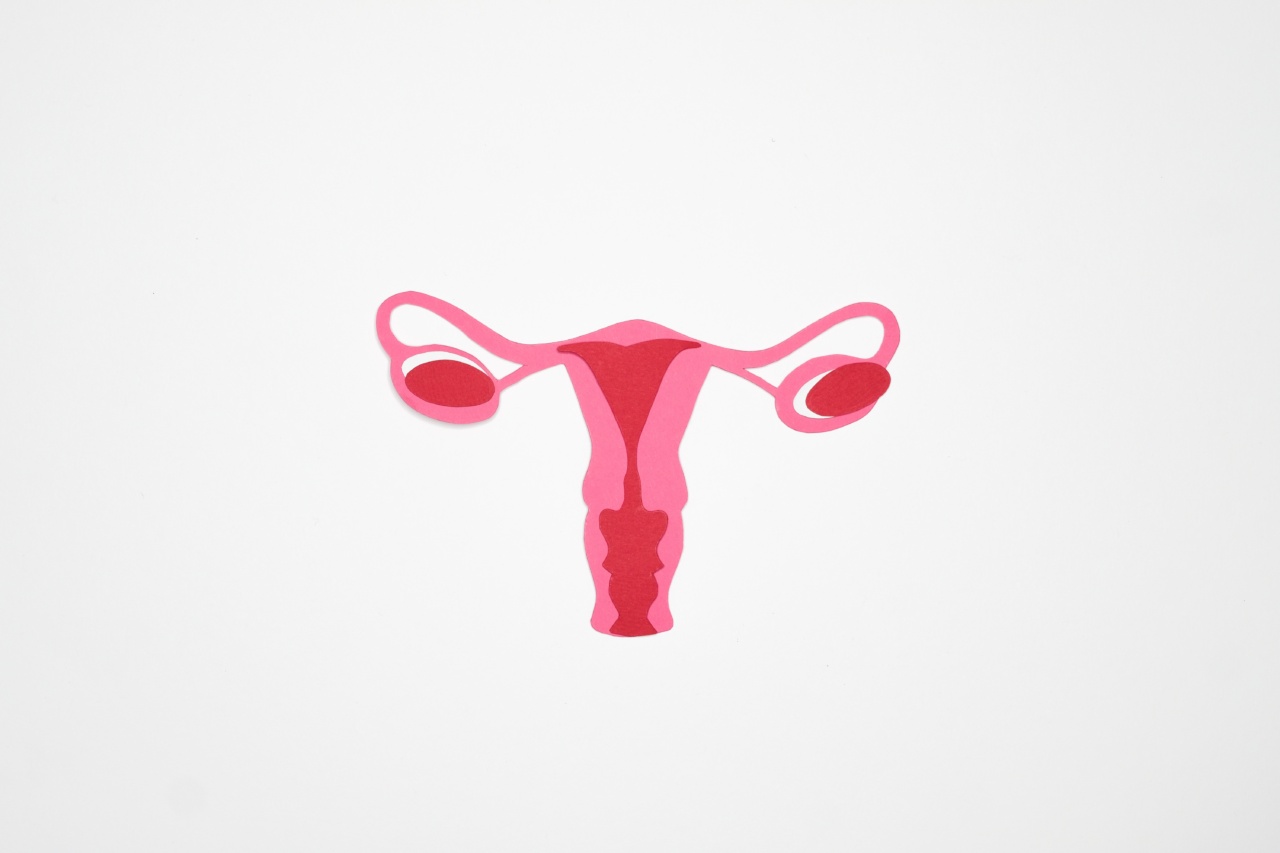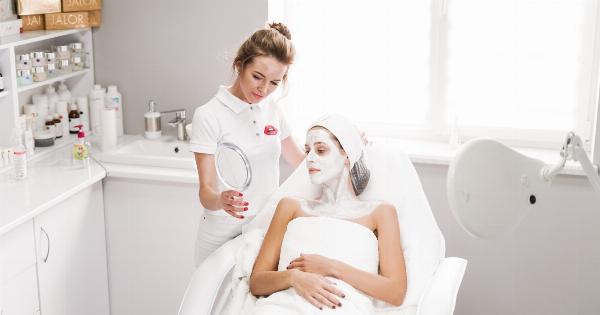For many women, the desire to have children is often delayed for various reasons such as career aspirations, financial implications, or simply not being ready to start a family yet.
As a result, a growing number of women are choosing to freeze their eggs, a technology that has been available since 1987. However, egg freezing does not always guarantee success, and women who wish to maximize their chances of conceiving may want to consider a new procedure called ovarian rejuvenation.
What is Ovarian Rejuvenation?
Ovarian rejuvenation, also known as ovarian PRP (platelet-rich plasma) therapy, is a groundbreaking fertility treatment that helps restore the reproductive function of aging ovaries.
This procedure involves injecting the patient’s own platelet-rich plasma into the ovaries, which stimulates the growth of new egg cells.
While the idea of injecting one’s own blood into the ovaries may sound off-putting, PRP is a simple, safe, and minimally invasive procedure that is performed in-office under local anesthesia.
The entire process can take as little as 30 minutes and involves extracting the patient’s blood through a standard blood draw and then spinning it in a centrifuge to separate the platelet-rich plasma from the rest of the blood components. The resulting plasma is then injected into the ovaries using an ultrasound-guided approach.
Who Can Benefit from Ovarian Rejuvenation?
Ovarian rejuvenation is an excellent option for women who wish to delay motherhood or are dealing with infertility, particularly those who have diminished ovarian reserve (DOR) or premature ovarian failure (POF) due to conditions such as chemotherapy or radiation therapy. Women who have undergone early menopause may also benefit from ovarian rejuvenation.
It’s important to note that not all women are good candidates for ovarian rejuvenation. The procedure is most effective in women who are under the age of 40 and still have some remaining ovarian function.
Women who have had their ovaries removed or have significant functional decline may not experience the same results.
What are the Success Rates of Ovarian Rejuvenation?
As with any medical procedure, the success rates of ovarian rejuvenation vary among patients.
However, studies have shown that this procedure can increase the number and quality of eggs produced by the ovaries, as well as improve hormonal balance and menstrual cycle regularity. In one study, women who underwent ovarian rejuvenation had an average of 14 new follicles per ovary, compared to just 5 follicles prior to treatment.
While data on live birth rates following ovarian rejuvenation are still limited, early studies have shown promising results.
According to a 2019 study, 12 out of 40 women who underwent ovarian rejuvenation achieved clinical pregnancy, and 10 of these women went on to deliver live infants. More research is needed to determine the long term success rates of ovarian rejuvenation.
What are the Risks and Side Effects of Ovarian Rejuvenation?
Ovarian rejuvenation is a safe and minimally invasive procedure that carries little risk of complications. The most common side effect is mild pelvic pain, which typically subsides within a few days after the procedure.
Some women may also experience minor bleeding or bruising at the injection site. In rare cases, infection or damage to the ovaries may occur, but these complications are extremely rare when the procedure is performed by a qualified fertility specialist.
Is Ovarian Rejuvenation Covered by Insurance?
Currently, ovarian rejuvenation is not covered by insurance and can be costly, with prices ranging from $3,000 to $7,000 per treatment. However, some clinics may offer financing options or payment plans to make this treatment more affordable.
Conclusion
Ovarian rejuvenation is a groundbreaking fertility treatment that can help restore the reproductive function of aging ovaries and maximize the chances of conceiving in women who have delayed motherhood or are dealing with infertility.
This safe and minimally invasive procedure has shown promising results in preliminary studies, but more research is needed to determine its long-term effectiveness. If you are interested in ovarian rejuvenation, speak with a qualified fertility specialist to determine if this treatment is right for you.





























